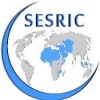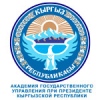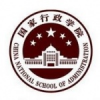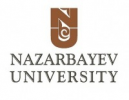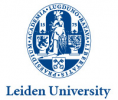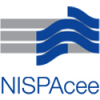Peer Learning Alliance on Public Service Delivery
× Reading mode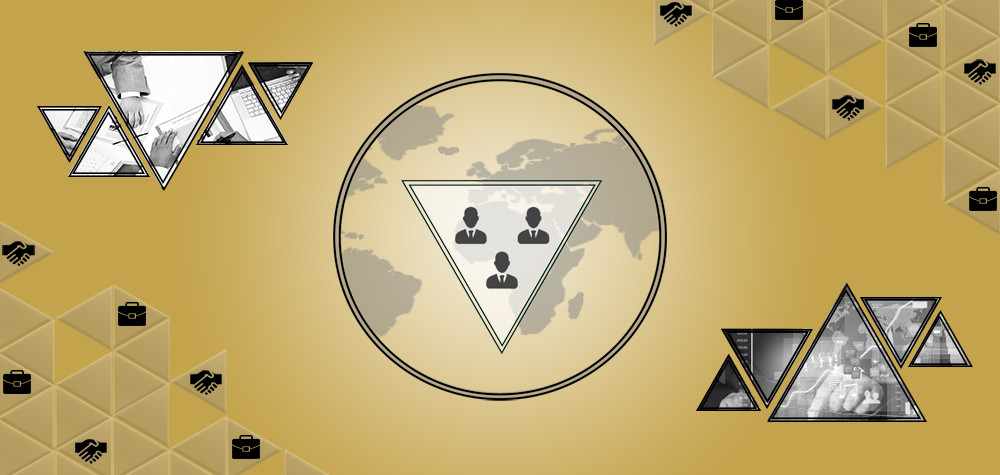
The Peer-to-Peer (P2P) Learning Alliance of Azerbaijan, Georgia and Kazakhstan on public service delivery was launched by the Regional Hub in May 2016. This Alliance was the first in the framework of the EIP initiative, supported by the Regional Hub of Civil Service in Astana.
The aim of the Alliance is to promote a learning journey of peers during a series of P2P learning workshops within the Hub’s capacity building interventions. The participants (peers) of three countries: Azerbaijan (ASAN Service), Georgia (Public Service Halls) and Kazakhstan (State corporation “Government for Citizens”) were practitioners involved with the public services delivery given their extensive experience in implementing “one-stop shop” principles.
The aim of the “one-stop shops” policy in these countries is to promote integrity and improve the quality of public services rendered through the Public Service Delivery Centres (the PSD centres), allowing citizens to receive all public services in one place.
The peer learning workshops were also attended by the represetatives of the Canadian Institute for Citizen-Centred Service to present the best practice of Service Canada that inspired many reforms on public service delivery.
I. Peer group foundational engagement workshop
During the first peer engagement event participants were exposed to each of the country’s experiences and approaches to promoting public service delivery excellence. The aim was to gage the interest and understand the viability of a P2P Learning Alliance and, if determined as necessary and promising, to launch the Learning Alliance as a network of peers that would improve the implementation of “one-stop shop” reforms and strengthen the partnership among the participating countries.
In the course of the workshop, the peers presented their approaches to make the reform (modernization of public service delivery) happen as well as shared their knowledge about practicalities and challenges of the reform in their countries. Particularly, the peers shared their knowledge about various tools and methods to strengthen the prevention of corruption and to improve transparency and professionalism of staff in terms of ethical behaviour and integrity guidelines to achieve higher citizen satisfaction.
The peers agreed:
- To establish the Peer Learning Alliance on public service delivery;
- To share freely their country-level experiences and bring tangible learning results to be translated into improved practices at a country level;
- To jointly develop a handbook on regional good practices of public service delivery for the benefit of the wider region supported by knowledge products (case studies etc) that would inform learning activities.
The Hub’s role was said to be mediatory, i.e. assisting in producing learning tools and curating a series of virtual and face-to-face follow-up engagements.
II. Sustained engagement between the peers
The second stage of the Alliance was aimed at generating knowledge and building experience-sharing culture among the peers. The activities at this stage included:
- development of case studies by the international consultants from Georgia, Azerbaijan and Kazakhstan, that reflect the best practices in the field of public services delivery using one-stop-shop principle (the case of Azerbaijan, the case of Georgia, the case of Kazakhstan);
- organization of the meeting of the international consultants with the Hub representatives to get the feedback on the knowledge products produced (case-studies);
- conduction of the workshop on public service delivery (Astana, 9 November 2016), aimed at discussing the results of the case studies and sharing them with the representatives of the Kazakhstan central and regional public organizations,(including Office of the President, Prime-Minister’s Office, Agency for Public Service and Ani-Corruption, regional public bodies, and Nazarbayev University Graduate School of Public Policy students and faculty).
III. Next stages
To comply with the objectives of the following stages (3 and 4) of the EIP Peer Learning Guide, the Hub plans to:
- elaborate an action plan for detailed and comprehensive study of the one-stop-shop practices in the countries of the Alliance, taking into account the interests of peers for future interactions;
- develop a handbook on reforming the public service delivery using one-stop shop principle;
- scale up these practises to the participating countries using appropriate formats of information dissemination (for example, official MoU signing to legitimize and authorise the lessons learned to be implemented in the countries to achieve impact at scale. Others might include peer training and documenting the progress made in each country).





